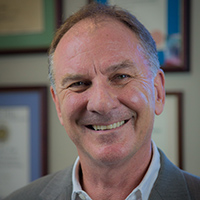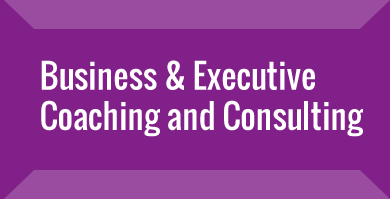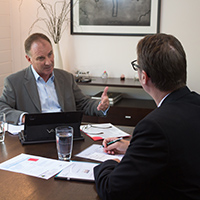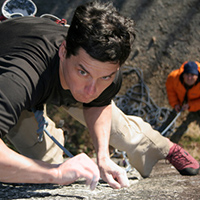Manage your emotions, make sure everybody has a say, keep your meetings short, focused, offer refreshments and have an agenda. If it was that simple, surely meetings would be more effective?
Yet they are not, research has shown that a third of meetings are perceived as not being productive.
Yet for most leaders, meetings are so important they spend 15 per cent (or more) of their personnel budget on them. So, why don’t they work, why are they not productive?
That was the focus of the research by organisational psychologist Linda Shanock and her colleagues at the University of North Carolina.
They discovered that many participants who attend meetings surface act. That is they do not show genuine emotional reactions, they manage their responses.
They suggest that many meeting attendees do not benefit from meetings and the need to surface act can put some teams at risk of burnout.
Whilst the concept of surface acting is not new and is seen to be beneficial in some areas such as sales, previous research in customer services has shown it to contribute to psychological and physical fatigue as employees forced themselves to show emotions they do not feel.
Board Meetings or critical meetings, whilst not as public as customer-service situations, encourage surface acting. Meeting attendees see meetings as having the potential to affect their success outside the meeting, especially when leaders are perceived to favour those who are more outspoken and participative.
Shanock and her colleagues theorised that surface acting is the reason that meetings are not productive, as meeting attendees are more focused on the impression they are making than the objectives of the meeting.
Their research used 178 participants from a variety of roles in companies with different meeting regularity. The participants were asked to complete a research questionnaire to produce a surface acting score, as well as a measure of their meeting effectiveness.
Participants completed a follow-up research questionnaire after three months where participants also rated their own level of emotional exhaustion (burnout).
Results showed that surface acting was negatively associated with meeting effectiveness; that is, participants who were high on the surface acting score also saw the meeting as less effective in terms of achieving goals or learning new information.
The long-term effect of surface acting was also seen in follow-up research where surface acting was found to be positively associated with emotional exhaustion.
Whilst leaders need to be objective and focused on a meeting agenda and goals to ensure their meetings are successful; paradoxically they also need to be able to recognise, be sensitive to and consider others’ emotions, needs and perspectives.
Focusing on the needs of others whilst driving forward the meeting agenda will help meeting attendees not feel the need to surface act, behave with authenticity and actively participate in meetings.
Here are our reminders/best practice tips for chairpersons and leaders to improve meetings:
1. Plan the length of your meeting based on the agenda and not on your diary – be ruthless - cut out of your agenda anything that does not require a group discussion. Remember - keeping meetings to less than an hour is good practice.
2. Always disseminate the agenda for the meeting in advance. (Let everyone know what to expect).
3. During the meeting, clarify the goal and get feedback from attendees. Remember to reiterate the time frame of the meeting to ensure everyone is clear when the meeting is ending.
4. In global businesses, always be aware and focus on cultural differences when chairing international meetings.
5. As a chairperson or leader, avoid talking too much. Use the 80/20 rule: talk 20% of the time and let the rest talk the other 80%.
6. Even in well established executive teams, when eliciting feedback, comments, and suggestions from attendees, make it clear that all ideas are welcome and that there are no right or wrong contributions.
7. Keep focused and notice which attendees have not contributed (why is that?), where necessary encourage them with an open-ended question on their particular expertise or experience.
8. Make sure to do an occasional status check; this ensures attendees focus on the time and on the agenda discussed thus far.
9. After the meeting ends, ensure a summary of what was agreed is distributed promptly to all attendees.
Whilst these tips will help improve the productivity of meetings, the key for successful meetings Shanock’s research suggests, is the chairperson or the leader using their Business Emotional Intelligence to understand attendees’ needs and motivation to surface act to ensure every meeting is productive.
With thanks to: EBW Global Emotional Intelligence System



























